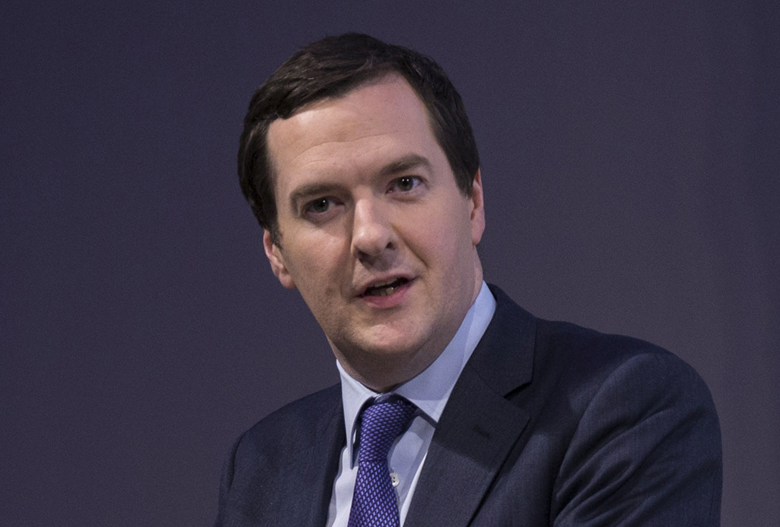Budget 2015: Critics claim Budget 'fails families'
Neil Puffett
Wednesday, March 18, 2015
Politicians and campaign groups have blasted the government's pre-election Budget for failing to do enough to help children and families.

Although Chancellor George Osborne’s Budget statement confirmed pre-publicised plans to invest £1.25bn in children and young people’s mental health services over the next five years, there was little else funding- or policy-related to under-18s and families.
One of the few measures that will benefit working families is the further increase to personal allowances for income tax.
Already scheduled to rise from next month to £10,600, Osborne announced allowances will now increase to £10,800 for 2016/17, and to £11,000 in 2017/18.
However Matthew Reed, chief executive of The Children’s Society, said that significant cuts to welfare over the last five years mean that “huge numbers” of families — both working and non-working — are continuing to miss out.
“The Chancellor talks about us all being ‘in it together’, but the reality is strikingly different for hundreds of thousands of struggling families,” Reed said.
“Plans to spend £2.5bn over the next two years on increasing tax allowances is simply not the best way to help low-income working families.
“While raising the personal allowance may appear to help, hundreds of thousands of working families will be hit by cuts to their benefits, cancelling any advantage that increased tax allowances would bring.
“It’s vital that benefits keep pace with the cost of living to protect the most vulnerable.”
Other measures related to children, young people and families include the minimum wage for young people and apprentices being increased, and a doubling of the maximum amount parents of disabled children receive to help to pay childcare costs, from £2,000 to £4,000 per disabled child each year.
Meanwhile, third sector organisations could be set to benefit from a review of relief granted on business rates, which is worth around £1.5bn a year to charities.
But Labour leader Ed Miliband said Osborne had neglected to support working families.
“This is a Budget that extraordinarily had no mention of investment in the NHS or our vital public services,” Miliband said.
“This Chancellor has failed the working families of Britain.”
Christine Blower, general secretary of the National Union of Teachers, criticised Osborne’s claim that levels of child poverty have fallen.
“Child poverty is not down as the Chancellor claims,” she said.
“In the UK 3.5 million children are currently living in poverty.
“Predictions by the Child Poverty Action Group state that under current government policies 600,000 more children will be living in poverty by 2015/16. This is an unacceptable state of affairs.
“Poverty has a huge effect on the education and wellbeing of children and needs to be addressed.”
Blower was also critical of the fact the Budget provided no new money for education.
“Instead of ensuring we invest in schools and colleges to enable them to release the skills and talent of our young people to everyone’s advantage, we have seen schools and colleges struggling to make ends meet and the emergence of a serious teacher recruitment and retention problem.
“Local authority services of real value to schools have been cut back or have disappeared altogether."




